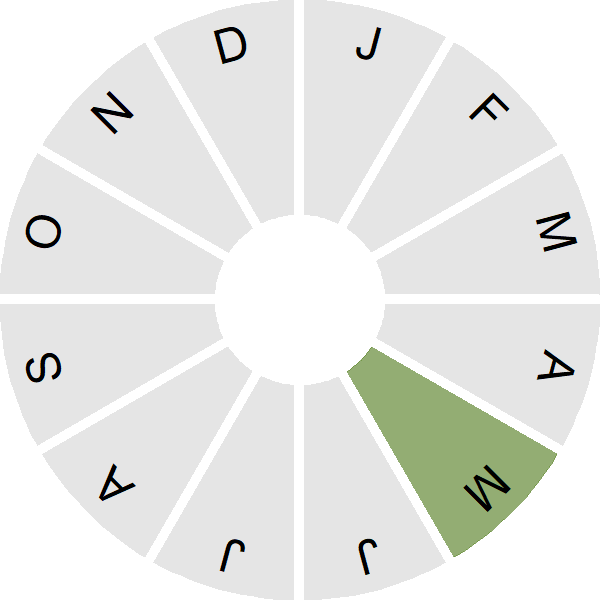Citril Finch
Introduction
Resembling a small Greenfinch, this normally mountain-dwelling species breeds across southern Europe, from Spain east to Austria.
Citril Finch was added to the British List following an individual that was trapped and ringed on Fair Isle in 2008.
Key Stats
Status and Trends
Conservation Status
Population Size
Population Change
Population trends of this scarce species are not routinely monitored.
Distribution
This vagrant is too rarely reported to map distribution.
European Distribution Map
Distribution Change
This vagrant is too rarely reported to map distribution change.
Seasonality
Citril Finch is a very rare vagrant.
Weekly pattern of occurrence
The graph shows when the species is present in the UK, with taller bars indicating a higher likelihood of encountering the species in appropriate regions and habitats.

Movement
Britain & Ireland movement
European movements
EuroBirdPortal uses birdwatcher's records, such as those logged in BirdTrack to map the flows of birds as they arrive and depart Europe. See maps for this species here.
The Eurasian-African Migration Atlas shows movements of individual birds ringed or recovered in Europe. See maps for this species here.
Biology
Survival and Longevity
Survival is shown as the proportion of birds surviving from one year to the next and is derived from bird ringing data. It can also be used to estimate how long birds typically live.
Classification, names and codes
Classification and Codes
- Order: Passeriformes
- Family: Fringillidae
- Scientific name: Carduelis citrinella
- Authority: Pallas, 1764
- BTO 5-letter code: CITFI
- Euring code number: 16440
Alternate species names
- Catalan: llucareta europea
- Czech: zvonohlík citronový
- Danish: Citronsisken
- Dutch: Citroensijs
- Estonian: kuuse-koldvint
- Finnish: sitruunahemppo
- French: Venturon montagnard
- German: Zitronenzeisig
- Hungarian: citromcsicsörke
- Icelandic: Næfurfinka
- Italian: Venturone alpino
- Latvian: citrongirlicis
- Lithuanian: gelsvasis svilikelis
- Norwegian: Sitronirisk
- Polish: osetnik (zwyczajny)
- Portuguese: milheirinha-serrano
- Slovak: stehlík citrónový
- Slovenian: konopeljšcica
- Spanish: Verderón serrano
- Swedish: citronsiska

